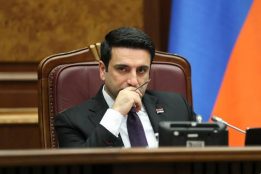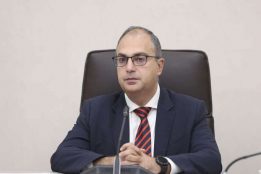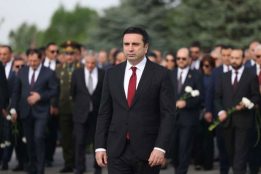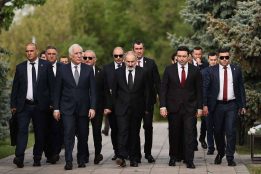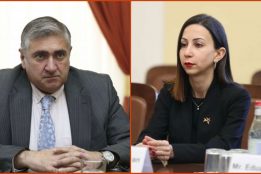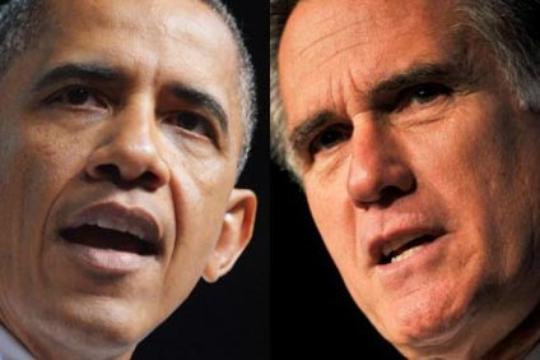
Turkish Foundation for Political, Economic and Social research touched upon U.S. elections and their role on Syria. Find the article by fellow Taha Ozhan below.
We will continue to witness a U.S. policy striving to adjust to the process in Syria. Nevertheless, this policy is not one that is pregnant with revolutionary turning points!
Foreign policy is among the most debated and anticipated issues of the Nov. 6 presidential elections in the United States. Although both Mitt Romney and Barack Obama, who are running a close race, have focused their campaigns on America’s domestic problems, it was the issue of foreign policy that dominated latest discussions. In this context, no one expects that U.S. foreign policy on Syria will go through any major structural changes as it has been stuck between three dynamics since the very beginning.
1) U.S. foreign policy on Syria actually means foreign policy on Russia, as was the case in 2010. Russia has not expressed “what it demands” just as it did not with the Iranian nuclear issue in 2010, nor has the U.S considered “negotiating” with Russia yet.
2) American policy on defense and foreign policy plans on reallocating most of its resources to the Asia-Pacific region. Despite the fact that crises such as Iran’s may shift attention temporarily to other regions, it is clear that Asia is taking over the role Europe played after World War II. In her article titled “America’s Pacific Century,” published in Foreign Policy Magazine, Hillary Clinton explicitly stated that America’s priority in foreign policy from now on would be in the Asia-Pacific. Clinton’s article, as well as Obama, Panetta and Clinton’s trip to the Asia-Pacific after the article was published, clearly demonstrated the White House’s determination to realize this new strategy.
3) Another major reason for the absence of a U.S. policy regarding Syria is its indecision concerning policies toward post-Arab Uprising Middle East and North African countries. This indecision is due to the vacuum resulting from the U.S.’s “Pacific Century” strategy and the collapse of the regional puppet governments to which it had become accustomed. So long as the U.S. fails to develop a “strategic relationship” with the new actors that surpasses simply “dialogue,” its uncertainty regarding the Middle East will continue. On the other hand, if the U.S. maintains the “strategic relationship” it has with the Saudis and the Iraqi administration of Nouri al-Maliki at the same level, it will not be possible for the U.S. to play the role of a constructive actor in the “New Middle East.” Additionally, U.S. foreign policy on Israel came to an impasse when Prime Minister Benjamin Netanyahu and Obama came to power and we can also consider the foreign policy and Arab Spring atmosphere that will emerge if Romney, who will trigger neo-conservative winds in the U.S., came to power.
The three dynamics mentioned above do not mean that the U.S foreign policy on Syria will stagnate.
We will continue to witness a U.S. policy striving to adjust to the process in Syria. Nevertheless, this policy is not one that is pregnant with revolutionary turning points!

















